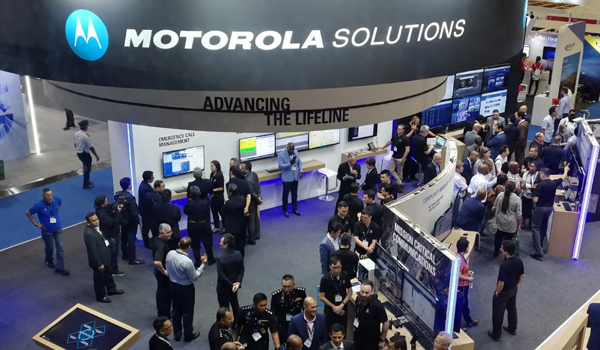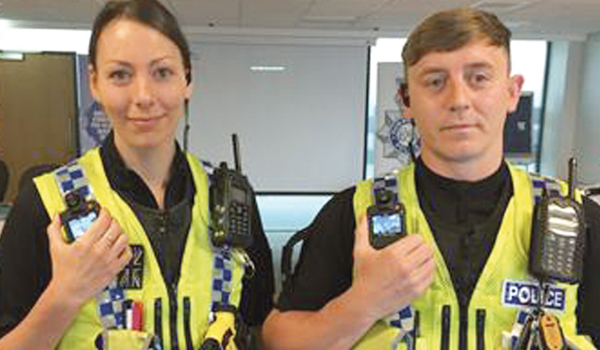Prime Ministers response to ID cards petition
Tony Blair has written an emailed reply to more than 27,000 people who signed a petition against the introduction of identity cards.

Tony Blair has written an emailed reply to more than 27,000 people who signed a petition against the introduction of identity cards.
The petition on the Downing Street website stated:
We the undersigned petition the Prime Minister to scrap the proposed introduction of ID cards. The introduction of ID cards will not prevent terrorism or crime, as is claimed. It will be yet another indirect tax on all law-abiding citizens of the UK.
Read the PM`s response:
The petition calling for the Government to abandon plans for a National ID Scheme attracted almost 28,000 signatures – one of the largest responses since this e-petition service was set up. So I thought I would reply personally to those who signed up, to explain why the Government believes National ID cards, and the National Identity Register needed to make them effective, will help make Britain a safer place.
The petition disputes the idea that ID cards will help reduce crime or terrorism. While I certainly accept that ID cards will not prevent all terrorist outrages or crime, I believe they will make an important contribution to making our borders more secure, countering fraud, and tackling international crime and terrorism. More importantly, this is also what our security services – who have the task of protecting this country – believe.
So I would like to explain why I think it would be foolish to ignore the opportunity to use biometrics such as fingerprints to secure our identities. I would also like to discuss some of the claims about costs – particularly the way the cost of an ID card is often inflated by including in estimates the cost of a biometric passport which, it seems certain, all those who want to travel abroad will soon need.
In contrast to these exaggerated figures, the real benefits for our country and its citizens from ID cards and the National Identity Register, which will contain less information on individuals than the data collected by the average store card, should be delivered for a cost of around £3 a year over its ten-year life.
But first, it`s important to set out why we need to do more to secure our identities and how I believe ID cards will help. We live in a world in which people, money and information are more mobile than ever before. Terrorists and international criminal gangs increasingly exploit this to move undetected across borders and to disappear within countries. Terrorists routinely use multiple identities – up to 50 at a time. Indeed this is an essential part of the way they operate and is specifically taught at Al-Qaeda training camps. One in four criminals also uses a false identity. ID cards which contain biometric recognition details and which are linked to a National Identity Register will make this much more difficult.
Secure identities will also help us counter the fast-growing problem of identity fraud. This already costs £1.7 billion annually. There is no doubt that building yourself a new and false identity is all too easy at the moment. Forging an ID card and matching biometric record will be much harder.
I also believe that the National Identity Register will help police bring those guilty of serious crimes to justice. They will be able, for example, to compare the fingerprints found at the scene of some 900,000 unsolved crimes against the information held on the register. Another benefit from biometric technology will be to improve the flow of information between countries on the identity of offenders.
The National Identity Register will also help improve protection for the vulnerable, enabling more effective and quicker checks on those seeking to work, for example, with children. It should make it much more difficult, as has happened tragically in the past, for people to slip through the net.
Proper identity management and ID cards also have an important role to play in preventing illegal immigration and illegal working. The effectiveness on the new biometric technology is, in fact, already being s




